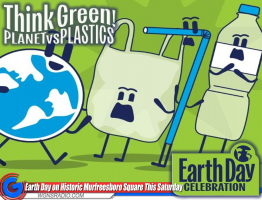If a toy is being sold in retail stores or on popular websites, you may think that the toy is safe, right?
After all, isn’t there a government agency that ensures products are safe? Well, the answer is not so simple.
Most toys that are offered for sale are safe, not necessarily due to government oversight, but largely because of concern about product liability lawsuits.
If a major retailer sells a product that should prove dangerous, the company is immediately exposed to the risk of product liability lawsuits. So, they must be doing a lot of testing, right?
However, it is very possible for toys to get on the shelves without being tested.
One example of the risks that your child might be inadvertently exposed to is a toy that was very popular for a couple of years before being banned.
You may have seen the toy called Buckyballs. The tiny spheres containing rare earth magnets that stick together and can be shaped into an endless variety of shapes. Their magnetic force is quite strong for their size, which what makes the balls so much fun.
But that is also what can make them dangerous. The tiny balls, about the size of a BB pellet, can be been ingested by infants and toddlers. Because the balls are so highly magnetic, two or more could adhere to one another inside the body pinching tissues between. The result could be perforation of intestines, and lodging of the balls requiring surgical procedures or possibly death.
As a consequence, the Consumer Product Safety Commission filed a complaint against the manufacturer of the magnetized balls in and effort to remove them from the marketplace.
However, the magnetic BB type balls continue to be offered by various online sellers. Although voluntarily recalled by most retailers, Buckyballs continue to be sold.
Consumers are advised to not only avoid purchasing the product due to safety concerns, but also to return the product to the retailer for a refund to keep it out of the hands of children and irresponsible teens.
Yet, there are other toys being sold routinely that contain excessive amounts of chemicals, such as lead and toxic plastics.
Because most toys are produced in foreign countries, many of which do not have the regulatory oversight American companies must adhere to, this increases the possibility other products can be manufactured using unsafe practices.
Remember the hundreds of children that died a few years ago as a result of Chinese dairies adding industrial chemical melamine to milk to tamper with the protein sensors? The dairies had been adding it to milk for several years before being caught. Melamine was used to fool quality control sensors so their illegal practice of diluting milk with water would go undetected.
The fact that this abhorrent practice was carried out for a number of years in the same country that makes most of our children’s toys is alarming to many safety advocates.
Although most toys are generally safe for use, it is still wise to inspect them and make your own decision as to whether they are safe for your children.












